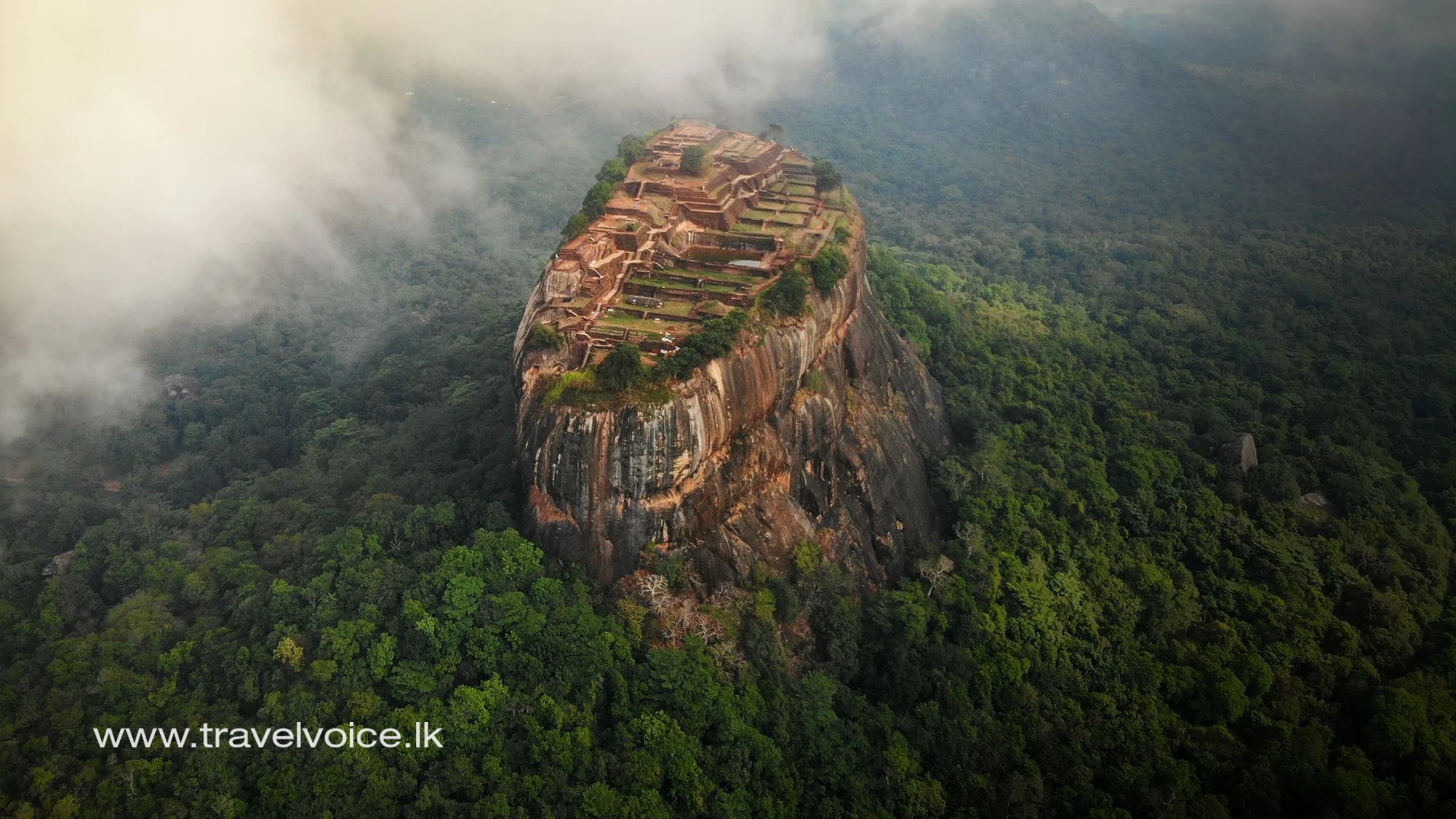Sri Lanka’s tourism industry has demonstrated remarkable performance, raking in over $ 2.8 billion in revenue during the first 11 months of 2024, marking a staggering 56% surge compared to the same period last year.
The performance not only underscores a robust recovery, but also signals the industry’s potential as a key driver of the country’s economic revival.
The Central Bank on Friday announced tourism earnings in November amounted to $ 272.9 million, reflecting a 33% year-on-year (YoY) increase.
On a month-on-month basis also, November earnings rose by an impressive 47% from $ 185.6 million registered in October 2024, reflecting a significant acceleration in revenue generation, as the year draws to a close. Tourist arrivals for the month totalled 184,158, up 22% YoY, whilst recording the highest number of visitors since July 2024.
February marked the year’s highest monthly earnings at $ 375.7 million, driven by 218,350 arrivals.
Analysts opined these figures underscore the sector’s capacity to deliver significant economic returns when properly supported.
This momentum has boosted confidence in the sector’s ability to achieve the Sri Lanka Tourism Development Authority’s (SLTDA) revised year end targets of 2 million visitors and $ 3 billion in revenue. With over 1.8 million arrivals year-to-date and $ 2.8 billion already secured, the industry is optimistic about bridging the gap in December, despite the ambitious goal of attracting over 345,000 visitors in a single month.
The sector’s recovery follows years of challenges, including Easter Sunday attacks in 2019, the COVID-19 pandemic, and an economic crisis. Despite these multiple challenges year after year since 2019, the tourism industry emerged stronger, driven by organic growth and ongoing efforts to enhance visitor safety and satisfaction. The revival of the industry is particularly significant given the absence of a comprehensive global campaign for the past 16 years.
Looking beyond 2024, Sri Lanka’s tourism sector has set ambitious goals for the next five years, aiming to draw 5 million visitors and generate $ 8.5-10 billion in revenue by 2030. Achieving these targets will require a strategic overhaul of the country’s marketing approach, which is already underway.
In January 2025, the sector is slated to unveil a unified national brand, shifting away from fragmented promotional efforts seen in the previous administration. This strategy aims to position Sri Lanka as a 365-day destination, delivering higher returns on investment and fostering growth.
Industry leaders are also urging the new administration to expedite the implementation of the global promotional campaign, which they believe is critical for sustaining momentum and boosting international awareness of Sri Lanka as a premier tourist destination.
Tourism, which operates as a 100% private sector-driven industry, plays a vital role in the country’s economic development.
Stakeholders believe by aligning strategic initiatives with global market trends and addressing structural challenges, the industry is well positioned to become a cornerstone of the country’s economic recovery.











